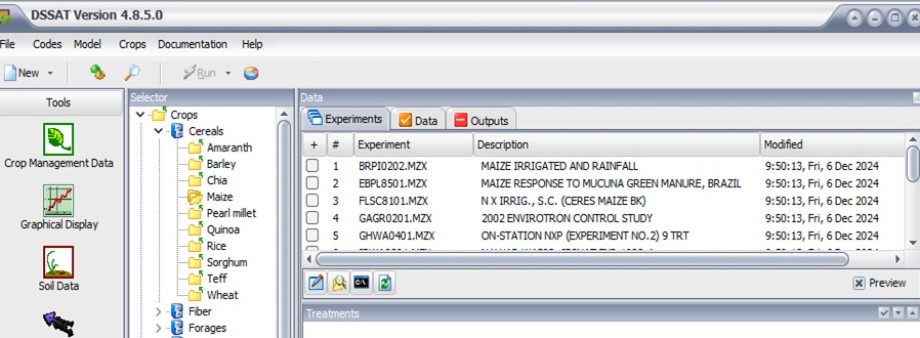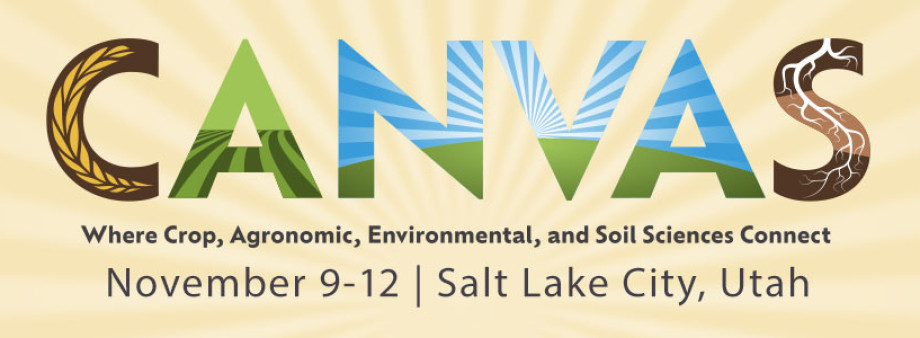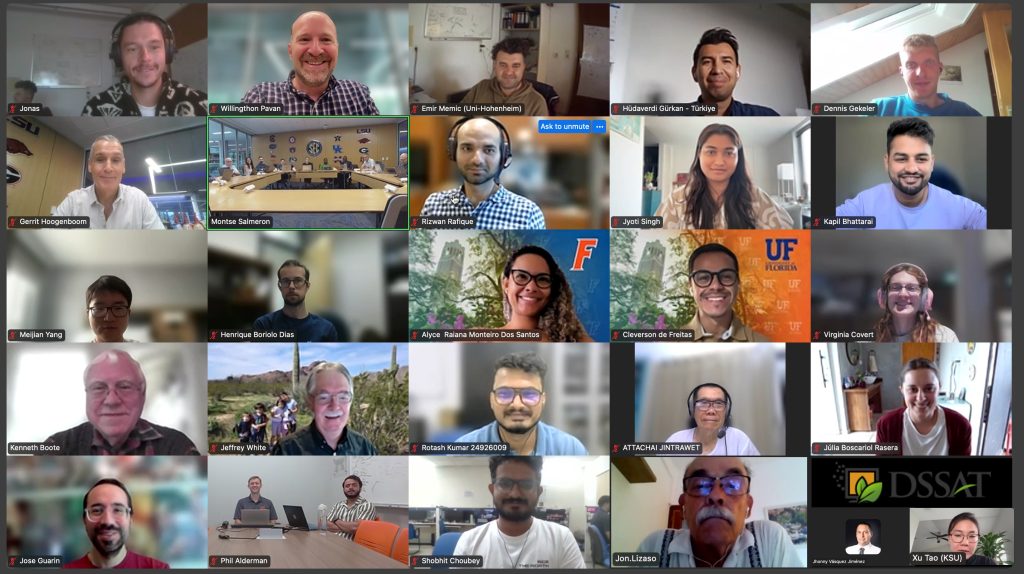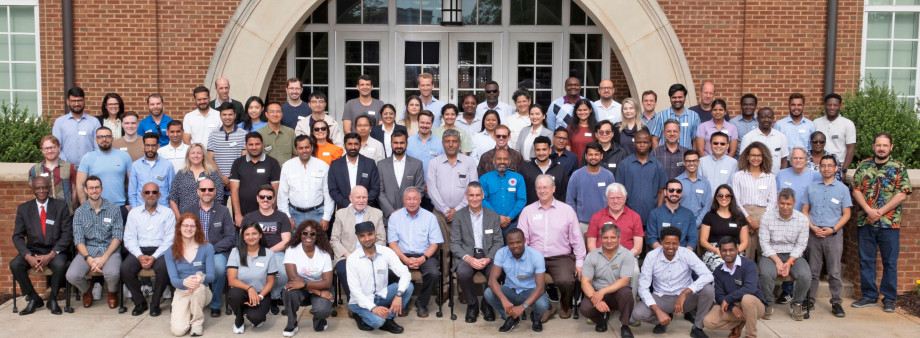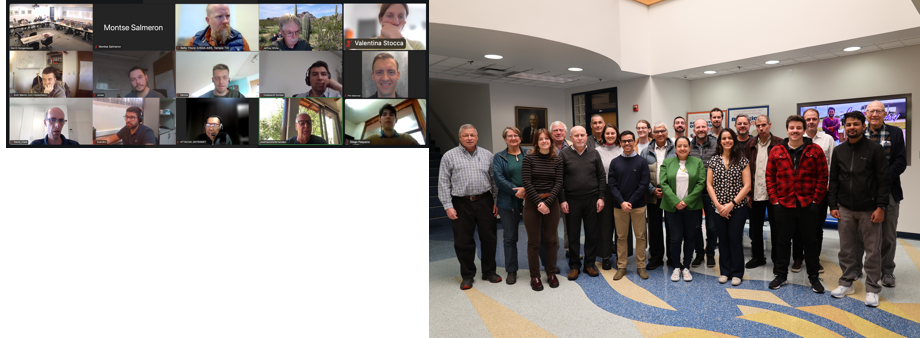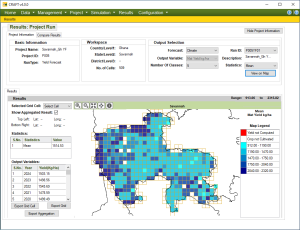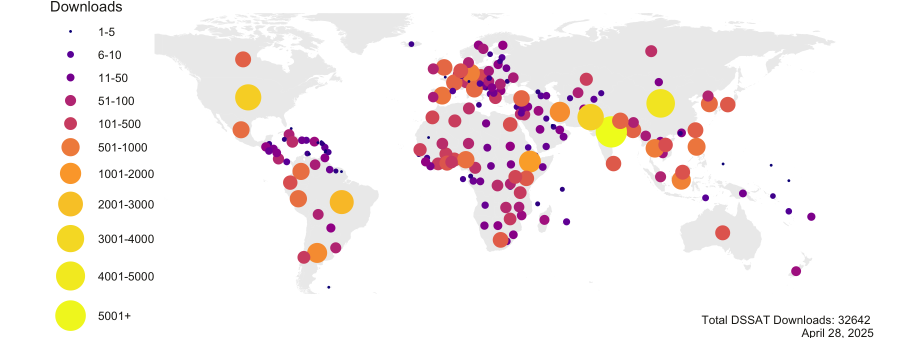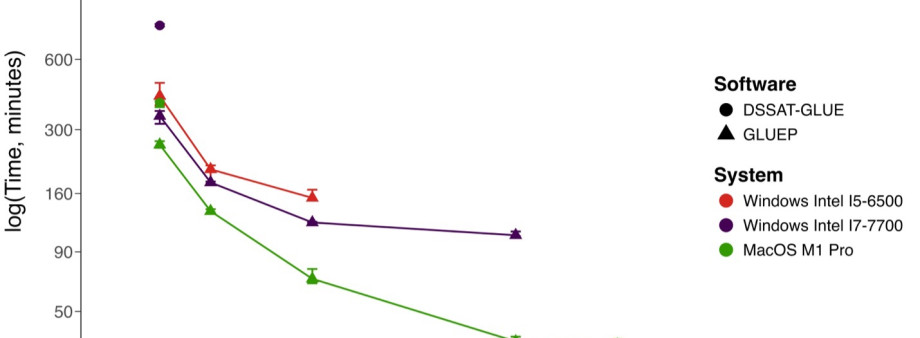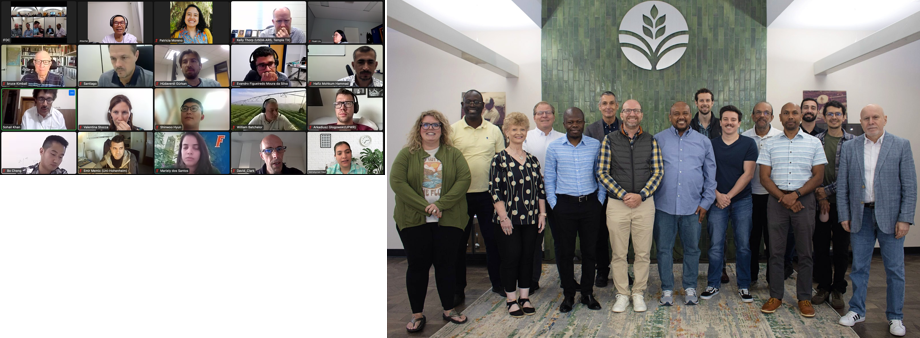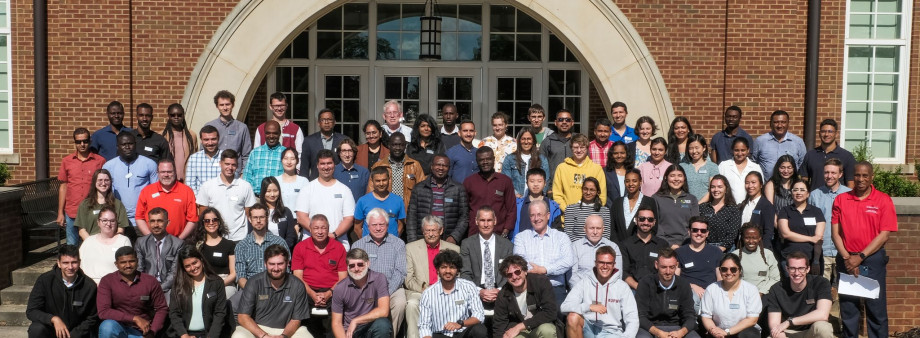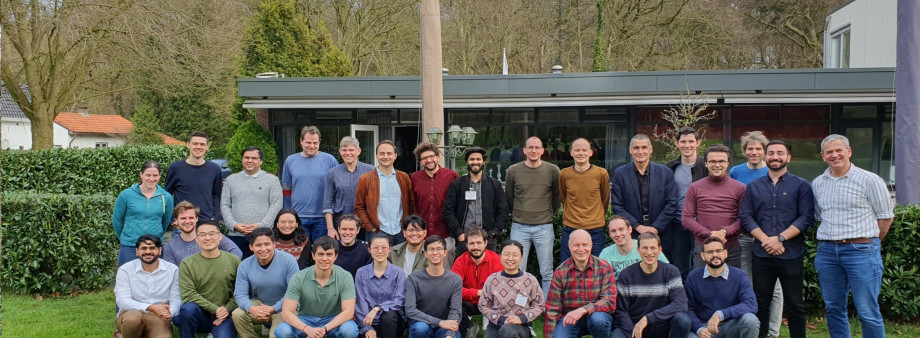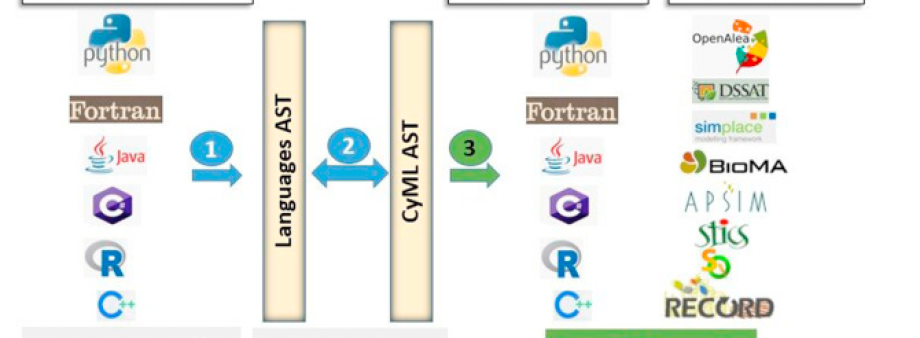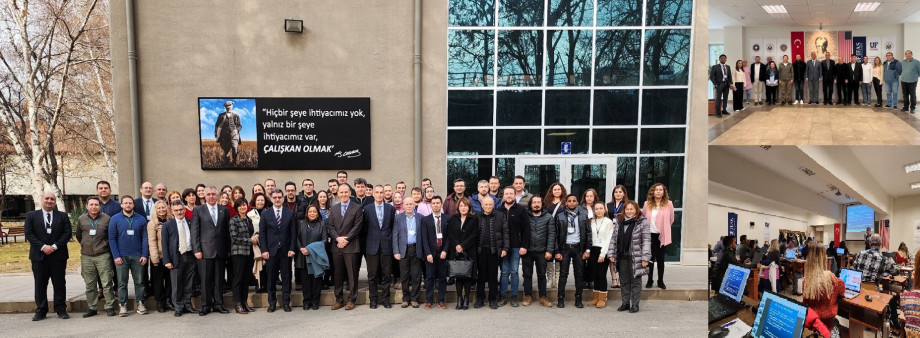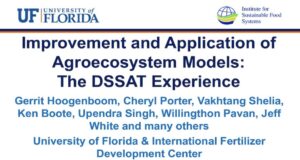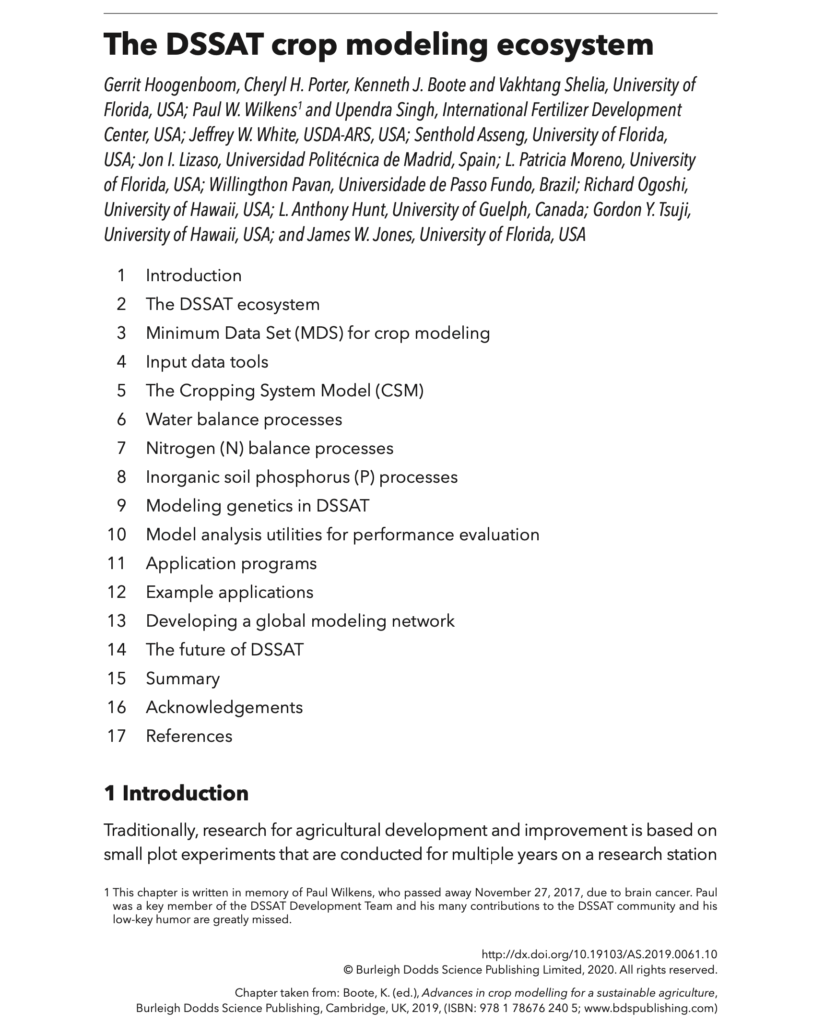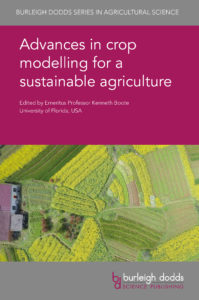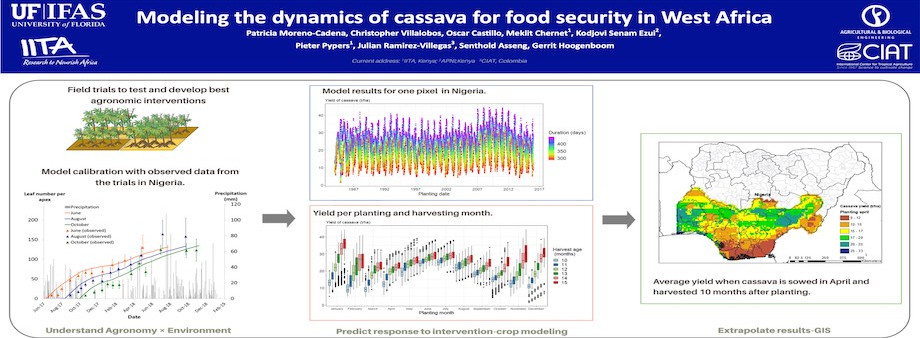Cropping Systems Modeling under Changing Climate
The book entitled “Cropping Systems Modeling under Changing Climate” aims at bringing out comprehensive information on cropping systems modelling in the world. The major focus of the book is to address the integration of soil, plant, and environmental interactions for climate smart agriculture. The book covers aspects of the application of Decision Support System for […]
DSSAT 2024 International Training Program at the University of Georgia
DSSAT Foundation – The University of Georgia – Griffin Campus, Griffin, Georgia USA The DSSAT annual training was held from May 20 to 25, 2024, at the Stuckey Auditorium, Griffin Campus, University of Georgia, USA. The event was led by 9 DSSAT faculty members with 65 participants from 31 different countries. The participants received a […]
Gridded crop modeling to simulate impacts of climate change and adaptation benefits in ACASA
Gridded crop modeling builds an understanding of how climate change impacts crops, helping researchers to adapt agricultural methods and combat food insecurity. Global temperatures are projected to warm between 1.5-2 degrees Celsius by the year 2050, and 2-4 degrees Celsius by 2100. This is likely to change precipitation patterns, which will impact crop yields, water […]
How to download and compile the DSSAT-CSM-OS source code
We are thrilled to announce our latest resource, designed to empower the DSSAT community like never before. This resource page on the website aims to help whether you are a seasoned DSSAT developer or just starting out, this resource is for you. Please head over to our website, where you will find detailed instructions on […]
Crop Modeling and Cropping System Design Undergraduate Course @ Universidad de la República, Uruguay
Training the Next Generation of Agronomists on How to Use Crop Models for Cropping System Design Group picture with participants of the “Using Crop Models for Cropping Systems Desing” Course at Estación Experimental Mario A. Cassinoni, Paysandú, Uruguay An Undergraduate Course entitled “Use of Crop Models for Cropping Systems Design” was organized by The Department […]
Crop Modeling and Climate Change Postgraduate Course
Training the Next Generation of Crop Modelers for Crop Model Development and Improvement Group picture with participants of the Crop Modeling and Climate Change Course at Parkhotel ‘de Bosrand’, Ede, the Netherlands. A Postgraduate Course entitled “Crop Modeling and Climate Change Course – Training the Next Generation of Crop Modelers for Crop Model Development and […]
International Workshop on Decision Support System for Agro-Technology Transfer for Improving Standards of Research held from March 4-6, 2024 at Bahauddin Zakariya University, Multan, Pakistan
The Institute of Agronomy, Bahauddin Zakariya University Multan, Pakistan organized a three day workshop entitled “International Workshop on Decision Support System for Agro-Technology Transfer (DSSAT) for Improving the Standards of Research” from March 4 – 6, 2024. Speakers and presenters included Prof. Dr. Ir. Gerrit Hoogenboom, University of Florida; Prof. Dr. Syed Aftab Wajid, University […]

